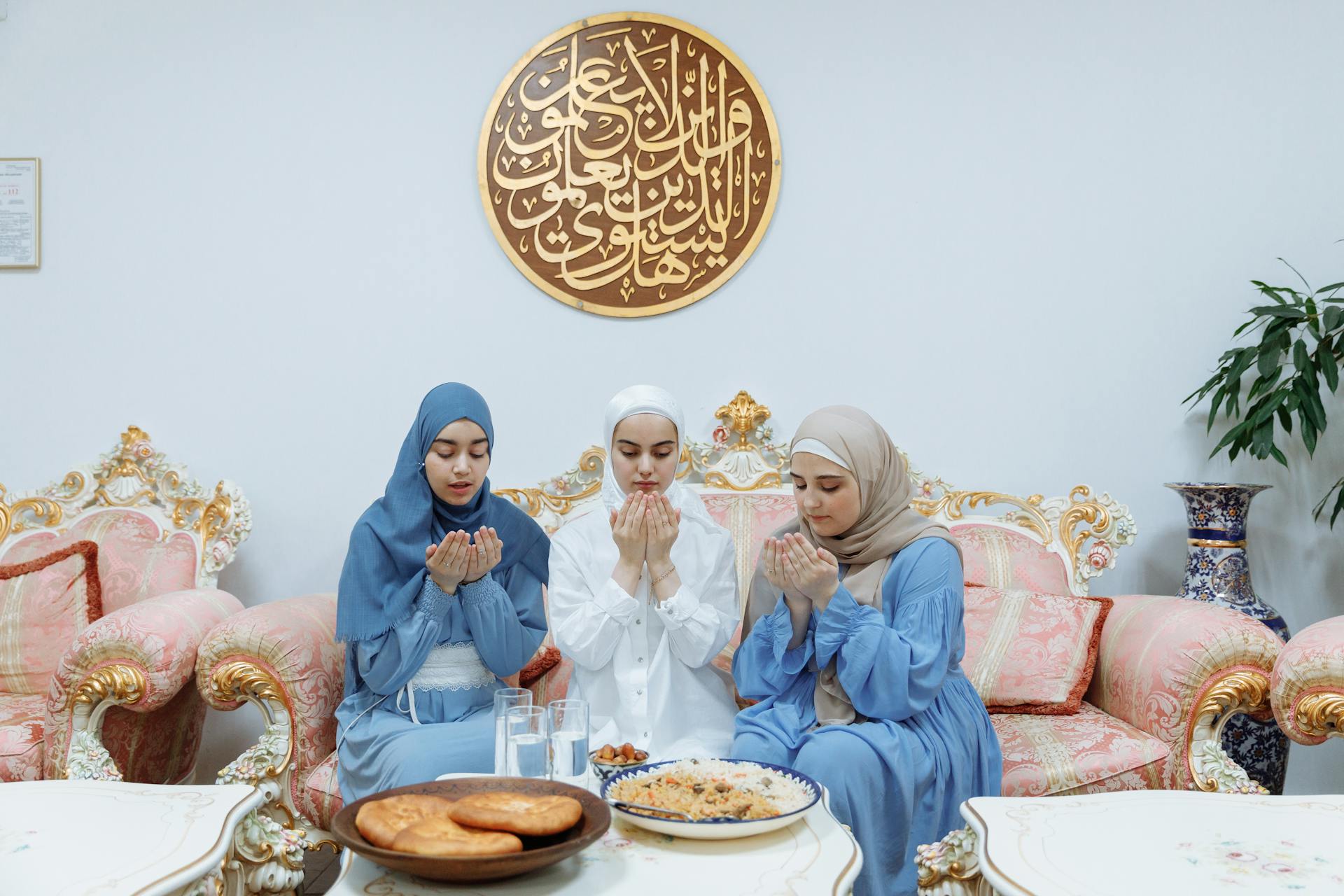Based on polling conducted by TechneUK, commissioned exclusively for this research, 86% of British Muslims believe that Britain is a good place to live when it comes to people having the opportunities to make progress and excel in life. In addition to this, 83% of British Muslims believe that the UK – when compared to European counterparts such as France, Germany, and the Netherlands – is a better place for Muslims in terms of being able to be respectful of their faith whilst being involved in wider public life.

But which British Muslims have an especially favourable view when it comes to believing that it is a land of opportunity where people have the chance to make headway in life and thrive? In terms of birthplace, it is British Muslims who were born in South Asian countries such as Pakistan and Bangladesh. According to the survey, over nine in ten British Muslims born in South Asia – 93% – felt this way about the UK. This should not be a surprise – Bangladesh-born Muslims in the UK include those who originate from deprived rural parts of Sylhet and people who lived through the horrors of the 1971 Liberation War – which included a systematic campaign of mass murder and genocidal sexual violence. Meanwhile, many Pakistan-born Muslims moved to the UK after the construction of the Mangla Dam submerged 250 Kashmiri villages and displaced 100,000 people.
The belief that the UK is a better place for Muslims to be respectful of their religious beliefs whilst participating in mainstream public life, when compared to other major countries in western Europe, is particularly high among British Muslims who were born abroad. While 79% of UK-born Muslims believe this to be the case, this rises to 86% for their co-religionists who were born outside of the UK. This will include Muslims who have moved to the UK from other European countries and contributed towards the growth of our French-Arab, Dutch-Somali, and Afghan-German communities. It is certainly worth noting that at the report launch event last week, there were Muslims raised in other European countries such as France, Germany, and Norway, who emphasised the relatively accommodating and tolerant nature of British society.
First-generation Muslim migrants appear to be some of the most optimistic people in the UK – appreciative of the opportunities, protections, and freedoms provided under British democracy. Many have directly experienced conflict, eviscerating poverty, and rampant institutional corruption in their Asian and African countries of origin. Some have been exposed to uncompromising approaches to integration in continental Europe which are generally sceptical of Islamic religious observance and non-European cultural maintenance. For them, Britain’s welcoming and hospitable character is a breath of fresh air from the suffocating calls for assimilation further afield.
It is our foreign-born Muslims in Britain who should be given the time they deserve to shape our national conversation on fairness and opportunity.

